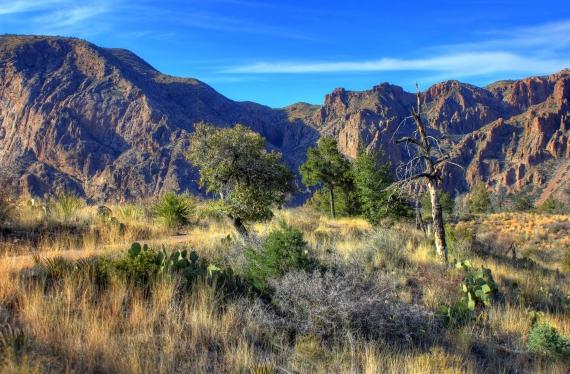Buying Land in Bulk - Why is Bulk Land More Valuable?

Land is slowly running out. While there may be millions of acres available, its becoming increasingly difficult to find land in bulk. The major issue is that builders are seeking smaller lots of land, and many people who purchased large lots of land have subdivided them for sale.
Finding a large lot with 100 acres is much harder than finding a lot that is .25 acres. Large land parcels are becoming increasingly difficult to find. And there are a lot of reasons for this:
* Subdivision has occurred on a large scale * Property taxes are higher * Many investors don't want to give up their large lots * People don't have a need for large lots
But there are people who dream of owning a large plot of land. Some of these people simply want to live in the utmost privacy and have their own grand estate, while others want to use this land for satellite farming, solar energy farms, timberland and numerous other reasons.
Bulk Land is a Rarity
For most things in life, buying in bulk is normally cheaper. If you go to Sams Club or Costco, you'll find great deals on virtually any household item when you buy in bulk. But this same concept doesn't apply to land. In the past, things were different. Large lots would be sold at a discounted price.
For example, a 100-acre lot may sell for $1 million, but in order to sell the property quickly, a slight discount would need to be offered, especially for buyers paying in cash. Ultimately, many landowners would sell these properties for $800,000 or $900,000 instead of the its market value of $1 million. It came to the attention of landowners, especially in highly populated areas, that they can divide this land and sell it for more. They could divide 100 acres into 200, .5 acre lots that would sell for $6,000 on their own. Ultimately, landowners were finding a way to squeeze out even more money from their investment.
Selling 200 lots at this price would give the seller a much higher profit of $1.2 million. And theres less flexibility for negotiation when smaller lots are sold. But this has caused a major issue: there are now fewer large lots available. Owners of large plots have now sold and subdivided their lots in such a way that you can easily find small lots of land, but the large lots of land that used to be negotiated down in price are extremely hard to find. If a product is being produced in limited qualities, like land, it will come at a premium. Now that large lots of land are scarce, it only makes sense that the prices have risen as a result.
Land Potential is Greater with Large Lots
Investors need to have a plan for their land. If your land is going to be used for farming, it's simply not profitable to maintain 100, 1 acre lots of land to conduct your farming operations. Not only will you need to hire 100 managers and even more workers, but you'll also be very limited on space. On top of this, you'll need to consider the transport cost of your goods, property taxes, managing the land, and even preparing the soil. When you buy a large lot, it's possible to hire one main manager, and it's much easier to maintain one large farm than it is to run several small farms.
This is the same mentality that investors have when planning to use their land for timber, grazing, building a vineyard or virtually any other production process. The only time that a large lot may be less vital is if you plan on building homes on the property and selling them. You may be able to sell homes with several acres or more, but it may be just as viable to own dozens of different lots of varying sizes.
One also needs to consider the cost of goods. If you're a farmer and you live in Nebraska, going to one producer of seeds or supplier of hay for your animals will allow you to negotiate prices. If youre buying enough product for 100 acres, you'll be able to negotiate a better price than if you were negotiating prices for a small amount of feed or seeds.
You're a bigger entity with a much higher demand. Landowners also need to think about their property's potential. You have far more opportunity with a large lot of land than with a small lot. Bulk land allows you to subdivide your lots for different purposes. You may have a lot of 25 acres for timber, another 25 acres for farming, another 25 acres with vineyards and 25 acres to build rental homes on. The potential is much greater, and all of your investment is in one area, which is much easier to manage.
Bulk Land is a Wise Investment
Bulk land allows you to grab a market share of the local city. If you were to own a large lot New York, you would find that this lot demands a high price tag. There's a shortage of land in the city not in the surrounding area, but in the heart of Manhattan.
Owning bulk land allows you more overall flexibility. Not only are you owning a large part of the market, you're owning an asset that isnt being mass-produced. You're owning a limited commodity, and the more you own, the less opportunity there is on the market for potential buyers to find another lot of land. If there's very little supply in the area and you own much of land, this allows you to demand a premium that a smaller lot of land simply cannot justify.
If your land is premium, the soil is good and the surroundings are optimal, youll also have the ability to charge a premium price if you do choose to sell the land. This is a long-term investment, but if you choose to buy land in areas that are currently growing rapidly, you'll see your investment boom in the next decade.




